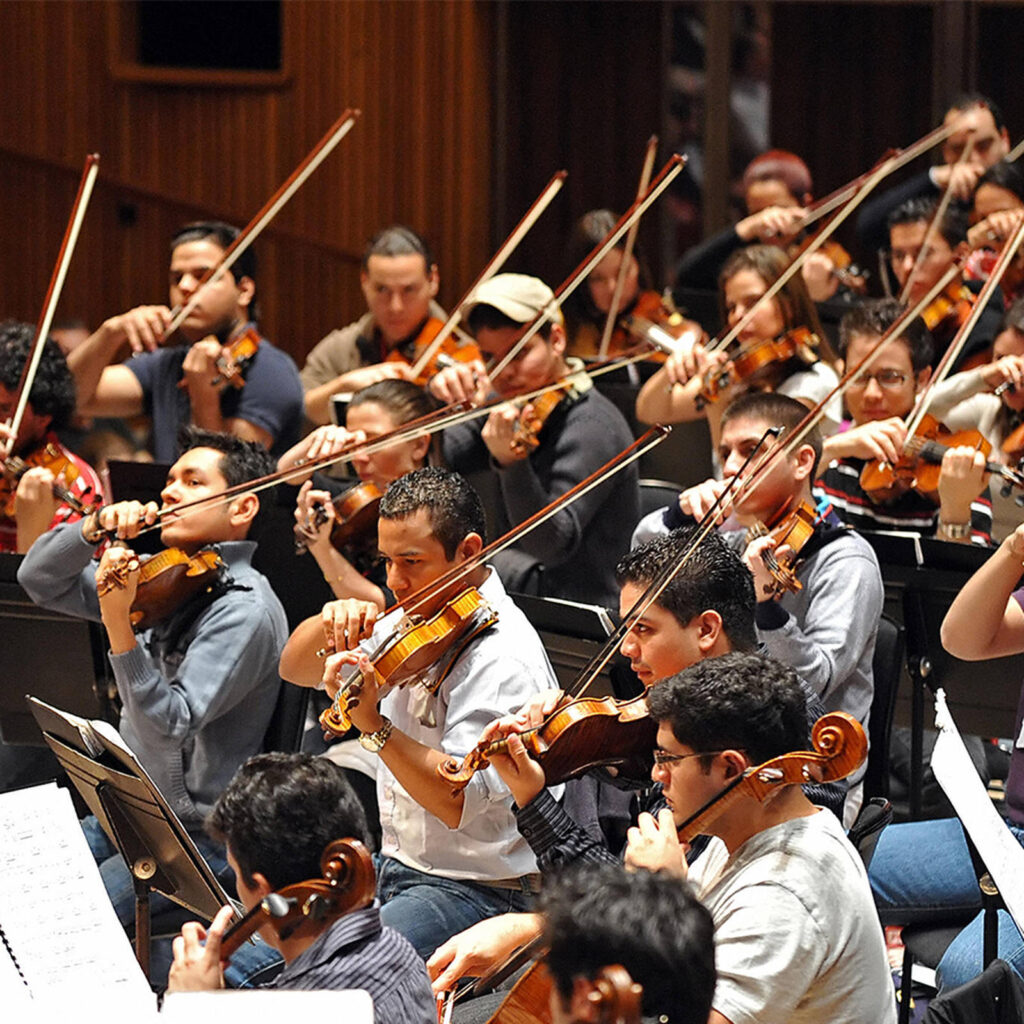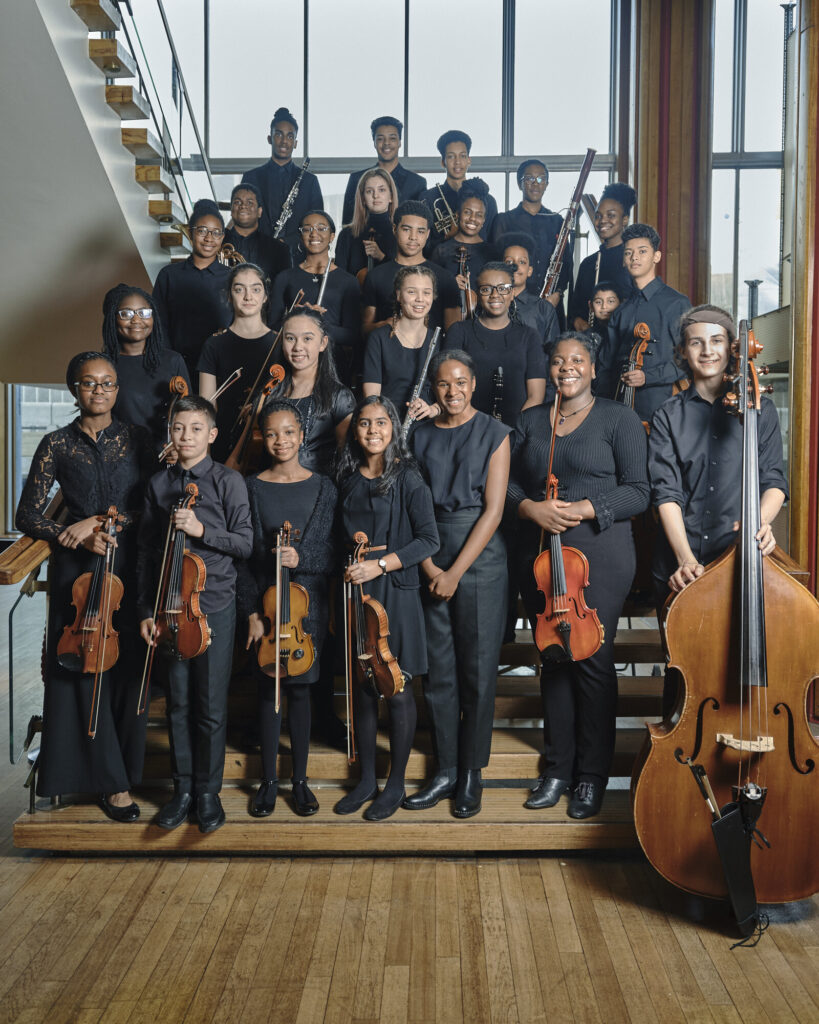
Introduction
When attending a symphony performance, one figure stands out, leading the musicians with precise, expressive gestures: the orchestra conductor. To the untrained eye, the conductor’s role might seem enigmatic or unnecessary. However, a deeper understanding reveals their vital contributions to an orchestra’s success. This guide aims to elucidate what an orchestra conductor does, the skills required, and how aspiring music students can pursue this fascinating career path. Platforms like student mastery connect can also provide valuable resources and support for students on their journey to mastering the art of conducting.
What Does an Orchestra Conductor Do?
An orchestra conductor serves as the musical leader and interpreter of a performance. They are responsible for unifying the orchestra, setting the tempo, ensuring correct entries, and shaping the overall sound. The conductor’s role begins long before the concert, involving meticulous score study, rehearsals, and constant communication with musicians. Just as legal professionals rely on the Bluebook citation system for precision and clarity in their work, conductors rely on their detailed score study and rehearsal techniques to ensure a flawless performance.
Key Responsibilities of an Orchestra Conductor
- Score Preparation: Before rehearsals, conductors spend countless hours studying the score to understand the composer’s intentions. This preparation includes analyzing every note, dynamic marking, and tempo indication to deliver an accurate and compelling interpretation.
- Rehearsals: Conductors lead rehearsals, working with the orchestra to refine the performance. This involves correcting mistakes, balancing the ensemble’s sound, and providing feedback to individual musicians and sections.
- Performance: During the performance, the conductor’s primary role is guiding the orchestra through the piece. They use their hands, baton (the orchestra conductor stick), and facial expressions to communicate tempo, dynamics, and phrasing.
- Musical Interpretation: One of the most critical aspects of a conductor’s job is interpreting the music. This involves making artistic decisions that bring the score to life, creating a unique rendition that resonates with the audience.

The Skills Required to Be an Orchestra Conductor
Becoming a successful orchestra conductor requires a combination of musical talent, leadership, and communication skills. Here are some essential qualities and skills needed:
- Musical Expertise: A thorough understanding of music theory, composition, and history is crucial. Conductors must be well-versed in various musical styles and genres to interpret different works effectively.
- Leadership and Communication: Conductors must lead and inspire musicians, requiring excellent communication and interpersonal skills. They need to convey their vision clearly and confidently to the orchestra.
- Technical Proficiency: Mastery of conducting techniques, such as beat patterns, cueing, and expressive gestures, is essential. These skills enable conductors to communicate their intentions to the musicians effectively.
- Listening Skills: Conductors must have acute listening skills to identify and correct errors during rehearsals and performances. They must balance the orchestra’s sound and ensure every section is heard.
How to Become an Orchestra Conductor
The journey involves rigorous education, practice, and experience for music students aspiring to become conductors. Here are the steps to follow:
- Formal Education: Most conductors start with a strong foundation in music, often earning degrees in music performance or music education. Advanced studies, such as a Master’s or Doctorate in Conducting, provide specialized training and opportunities for practical experience.
- Practical Experience: Gaining hands-on experience is crucial. This can be achieved by conducting school orchestras and community ensembles or participating in workshops and masterclasses. Real-world experience helps aspiring conductors develop their skills and build their reputations.
- Mentorship: Learning from experienced conductors can provide invaluable insights and guidance. Many successful conductors have had mentors who helped shape their careers and provided growth opportunities.
- Networking: Building a network within the music community can open doors to conducting opportunities. Attending conferences, workshops, and performances allows aspiring conductors to connect with professionals and gain exposure.
The Orchestra Conductor Outfit and Baton
The appearance of an orchestra conductor is also a significant aspect of their role. The traditional orchestra conductor outfit typically includes formal attire, such as a tuxedo or tailcoat for men and an elegant dress or suit for women. This attire maintains the formality of the concert setting and distinguishes the conductor as the ensemble’s leader. Notable conductors like Eva Ollikainen exemplify this tradition, often seen in elegant and authoritative attire that underscores their leadership on stage.
The orchestra conductor stick, or baton, is a vital tool for conducting. It amplifies the conductor’s gestures, making them more visible to the orchestra, especially in large ensembles. The baton helps convey precise rhythmic and expressive instructions, ensuring the musicians are synchronized and cohesive.
Conclusion
Understanding the role of an orchestra conductor reveals the depth and complexity of their contributions to music. From meticulous preparation to inspiring leadership, conductors are essential in bringing musical scores to life. For music students, becoming a conductor involves dedicated study, practical experience, and a passion for guiding others in musical expression. By embracing these challenges, aspiring conductors can lead orchestras to create memorable and moving performances.
For more information on the role of an orchestra conductor, you can explore resources such as Wikipedia’s article on Conducting and watch insightful videos like this one on YouTube.